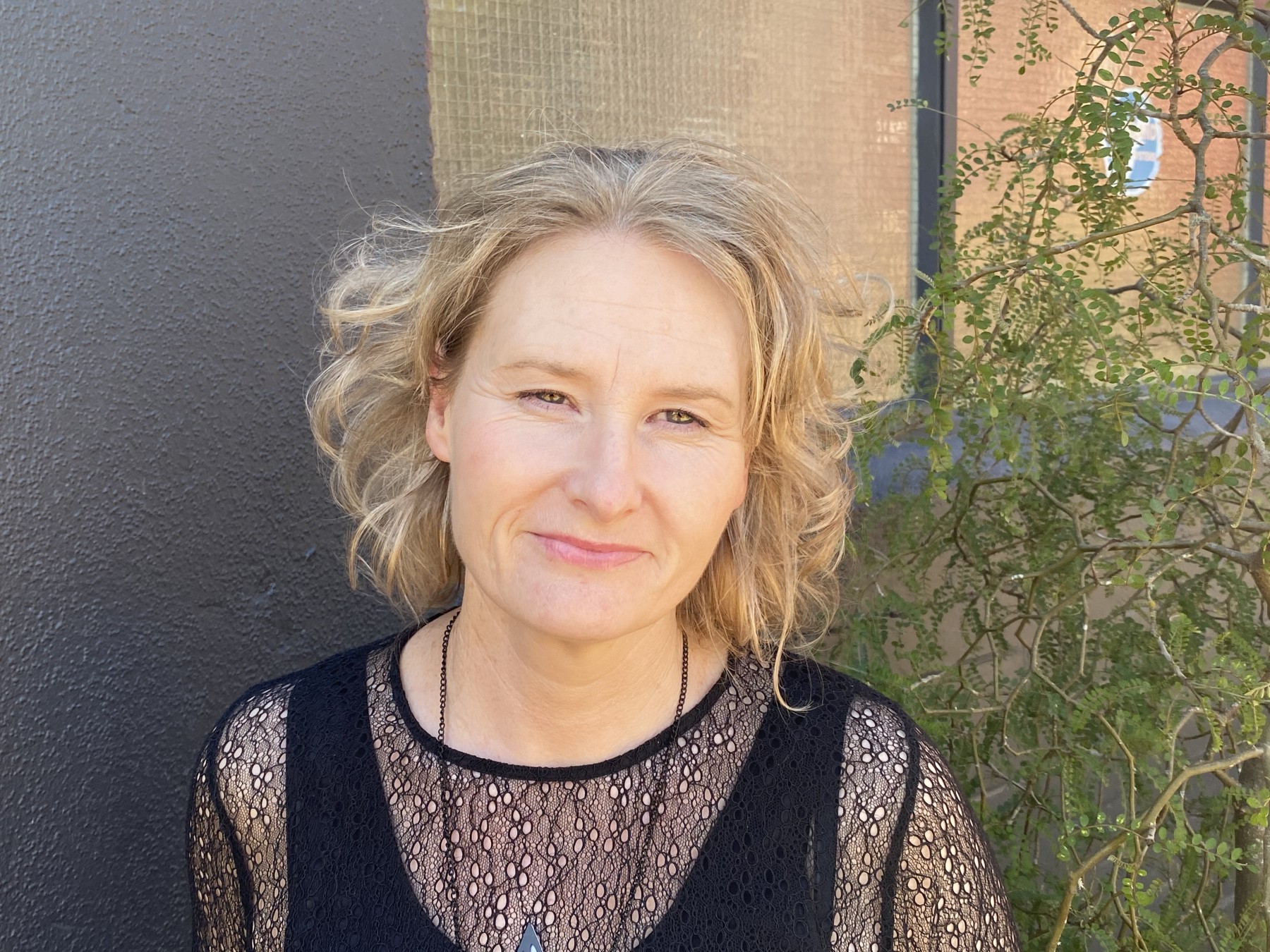As someone who works closely with parents and teachers, I’ve found immense value in Aotearoa books by authors like Rebekah Lipp and Craig Phillips, Jessica Urlichs, Rebekah Ballagh, and Tim Bateman. Over the years, I’ve discovered that the right resources can profoundly shape how we support tamariki in developing emotional resilience, courage, and awareness. Their books align beautifully with my professional values of supporting connected relationships between parents or practitioners and tamariki, and supporting tamariki to build a deep sense of self-belief. So, this makes them staples in my mahi.
Why These Books Are Important
Books like these play an important role in validating and normalising emotions, helping tamariki see that all feelings—big or small—are a natural part of being human, and that they can process them with courage and in healthy ways.
They provide practical tools to support tamariki and also spark creative kōrero, activities and play. In this way they act as resources that encourage tamariki to explore what supports them to feel good and function well, building their self-awareness and emotional toolkit.
For parents and practitioners, they create opportunities for meaningful connection and open, supportive kōrero that lays a strong foundation for lifelong emotional wellbeing and reflective learning.
Ways I Use These Books (and You Can Too!)
Here are five ways I’ve incorporated these resources into my mahi, which you might find helpful too:
- Morning check-ins: Using books like How Do I Feel (book or boxset) during classroom or whānau morning routines to help tamariki identify and share their feelings, setting a calm and connected tone for the day. This can be repeated as part of bedtime routines for whānau too.
- Emotion storytime: Reading aloud a story about emotions and pausing to ask tamariki how they’ve experienced similar feelings, or what they think the character could do. This builds empathy and emotional awareness.
- Emotional journeys: Using books and resources to kōrero emotions - how tamariki are feeling now, and how they’d like to feel instead. Then mapping some steps to get there - ask pātai such as: what might we do that could help with that, what has helped you feel that way before? Be sure to praise suggestions and support the journey too.
- Parent-child bonding time: Suggesting these books as bedtime reads to parents has created a safe time for tamariki to open up about their day.
- Teacher resources: Using the books during professional development sessions has equipped educators with tools to support tamariki in understanding and managing their emotions - use them as classroom reading, as support tools when tamariki are experiencing social or emotional challenges, make them part of a calm space to remind tamariki of the strategies they have to support them.
Keep Learning and Growing
I’ve found that continuously learning and applying new approaches using books and resources such as these has not only enriched my practice but has also made a tangible difference across the projects I’ve been a part of (Sparklers, Manahau, Tākai, Real Parents). I’m also lucky enough to have the opportunity to review many of these books and resources on behalf of the Mental Health Foundation. They’re written from my experiences and with the hope that they’ll inspire others to explore new tools in supporting the emotional wellbeing of tamariki.
About Anna
Anna Mowat is the founder of Real Collective (as well as Real Parents). With a background in psychology and English, she specialises in supporting whānau and communities through innovative approaches to wellbeing. Her mahi focuses on designing resources, facilitating learning, and working alongside parents, educators, and practitioners to create projects and environments where tamariki can thrive.
Through Real Collective, she has worked on local and national projects that connect people, build resilience, and strengthen relationships. She believes in the power of collective effort, creativity and care to nurture our next generation.

